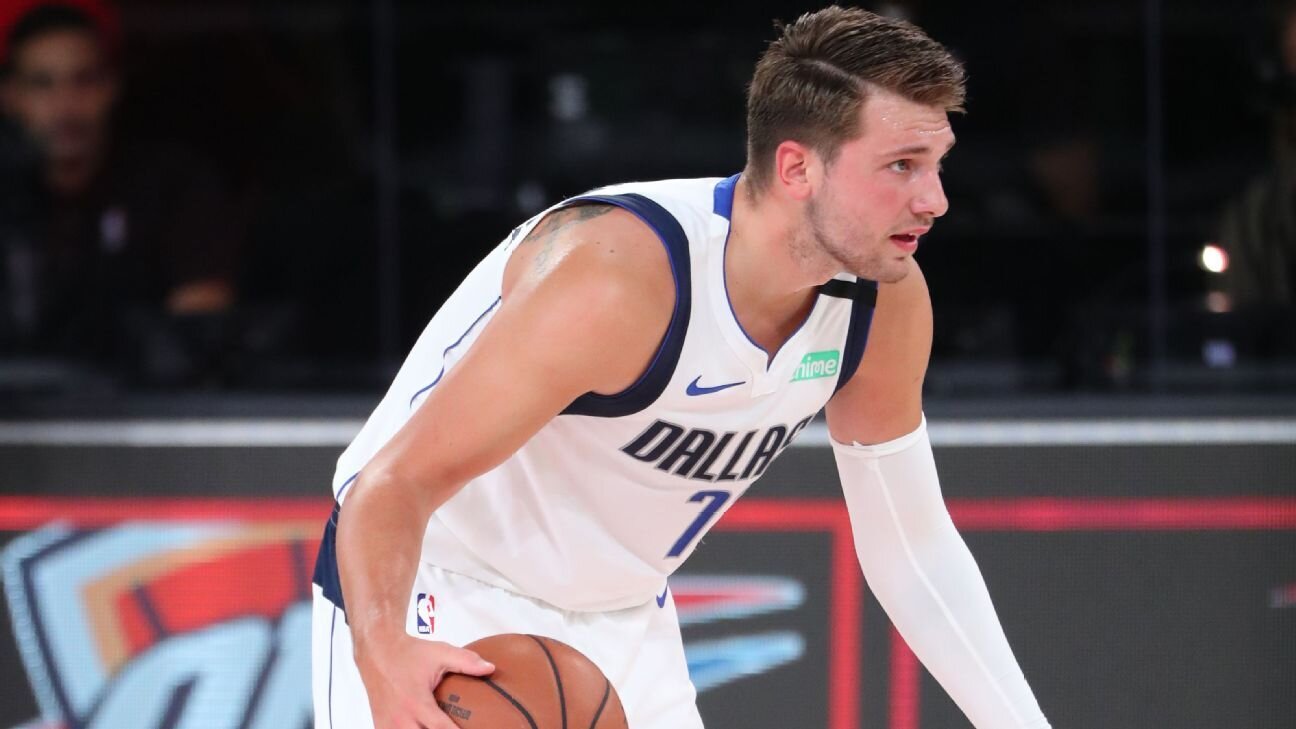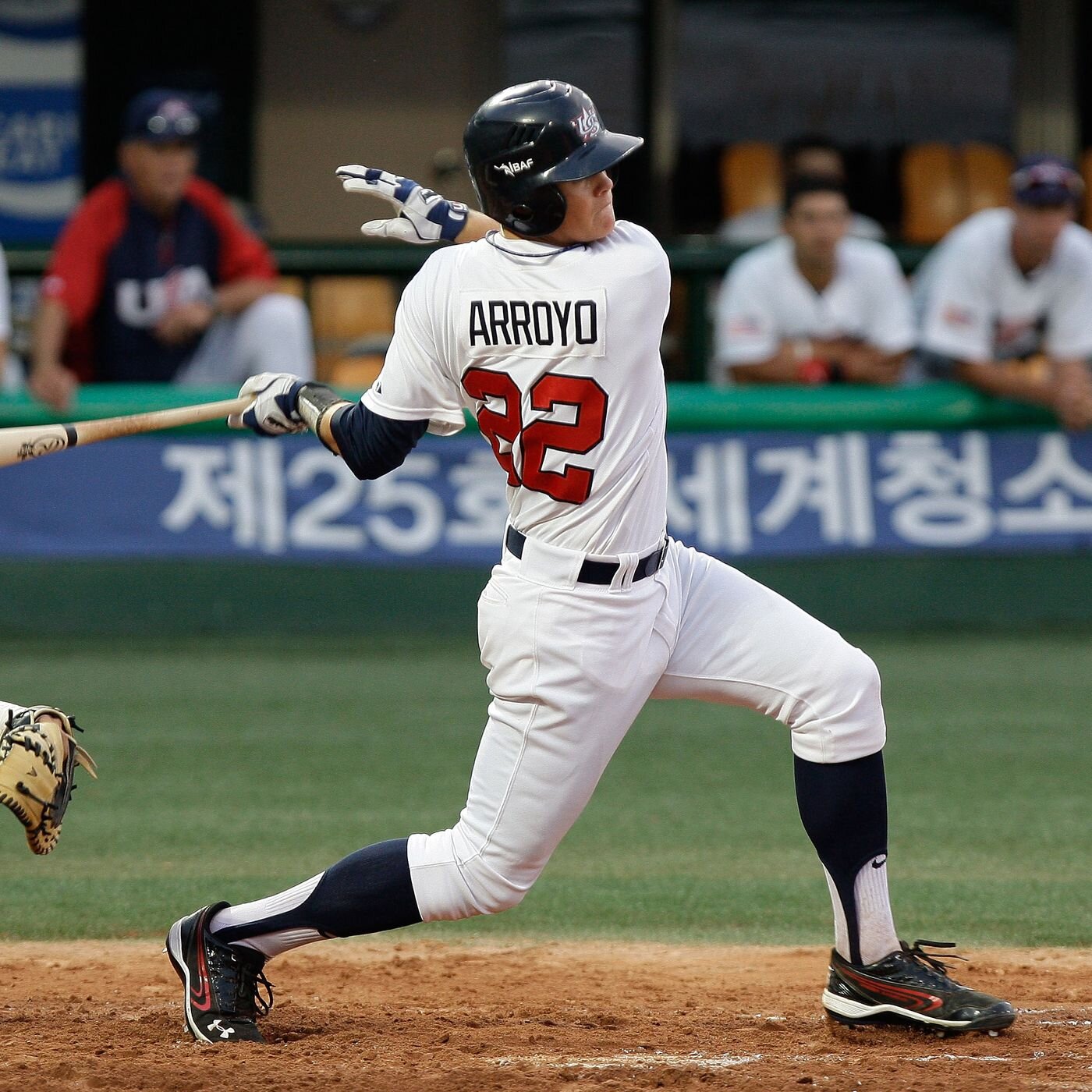Jordan vs LeBron... A Clear Winner in The Matchup That Really Matters
For years, the debate has been wonderful column fodder for lazy sportswriters looking for a way to kill a few type inches: who is the better player, LeBron James or Michael Jordan. It is an impossible question to answer definitively, as each of the two all time greats present a vast but different set of skills, and have each played with distinctly different caliber of teammates. It is one of the great bar arguments, and it’s a lot of fun.
There is one contest that is becoming easier to decide, and less often the stuff of drunken dispute. With his intense leadership in the nation’s tumultuous racial challenges, LeBron has established himself as the more consequential figure during his era of athletic dominance. Where Jordan steadfastly avoided the glare of politics, LeBron has embraced his celebrity power to the max, leveraging his personal brand to make the difference that he believes in.
When the Milwaukee Bucks chose to boycott their playoff game with the Orlando Magic, there was a critical moment when it could have simply been a home town team reacting to a local tragedy, or something far greater. The sporting press, unsure of what to make of an unprecedented statement, brought their microphones to James’ locker, and left it to him to decide. James was clear — he would lead the players in support of the Buck’s position, and challenge the NBA to follow or not.
The league followed without hesitation, postponing all of the games and in doing so, nationalizing the movement and bringing a different narrative to bear. In so doing, the NBA made its own statement that the shooting of Jacob Blake would not be marginalized as a local story, but added to the litany of national failings in social justice. When the league positioned the cancellations as a postponement driven by sensitivity, LeBron was again sought out for comment, and defiantly responded: this was not a postponement by the league, it was a boycott by the players.
Other teams, then other leagues followed suit almost immediately. Within hours, every major sport league had addressed the issue, with the WNBA first, then MSL, then the NHL and some MLB teams going along. The impact was unmistakable, and the leader — transcending his own sport — was undeniable.
The NBA met with LeBron, and listened as he demanded that the billionaires present take stronger steps to support black communities and interests. The power of LeBron was unquestioned, as reportedly he received assurances that such investments would be made, and the resulting agreements led to the decision to resume the playoffs.
In the matter of addressing racial injustice and inequality, LeBron had already earned the right to stand tall and proclaim his position. Two months earlier, James had led a group of star athletes to form More Than A Vote, an organization dedicated to fighting against voter suppression and for access, particularly among minority communities. LeBron was thoughtful, and fully aware of his growing platform:
“I’m inspired by the likes of Muhammad Ali, I’m inspired by the Bill Russells and the Kareem Abdul-Jabbars, the Oscar Robertsons — those guys who stood when the times were even way worse than they are today,” Mr. James said. “Hopefully, someday down the line, people will recognize me not only for the way I approached the game of basketball, but the way I approached life as an African-American man.”
The tangible results are coming to roost: the NBA has announced that it will convert all of its arenas into polling stations, creating protected access for hundreds of thousands of voters and expanding critical capacities in thirty cities. Other sports will likely follow suit, changing the dynamics of local efforts to close polling areas and constrain certain voters racially and by party. It seems apparent that LeBron James has chosen to make his stand on racism now, and without shrinking from the spotlight.
Michael Jordan was an unquestionably great player, a fitting entrant into the all-time greatest conversation. His movement from sports into a highly successful international businessman offered a strong rebuttal to any perceived limitations of athletes, and in particular Black ones. There is great value to that breaking of prejudice and opening of doors… but when Jordan had a chance to parlay his fame into arguments against inequality, he famously pointed out that conservatives buy shoes too, and demurred from the most incendiary discussions.
LeBron has freedoms that Jordan might have felt were absent in his times, and the money that LeBron makes from basketball beggars what even Jordan could command. That said, both men were presented with the opportunity to take risks with their brand, to leverage their fame for something meaningful in society… and James took that shot. Both players will be forever remembered as athletes, as competitors and as champions. One of the two will also be remembered as a champion for society, for things above and beyond the rims that he rattled.
In the world of consequence, in the contest of contribution, LeBron James is a clear winner.










